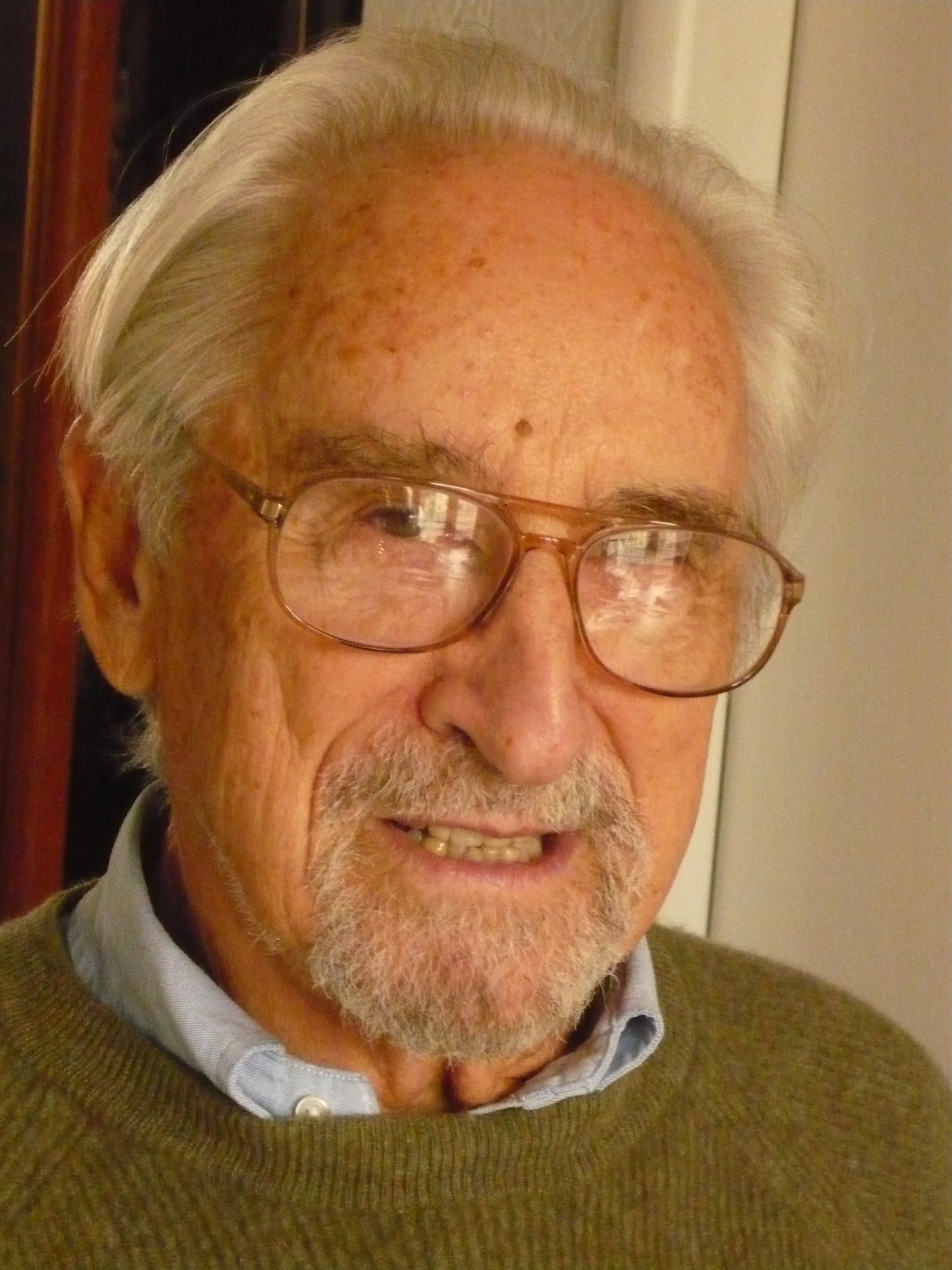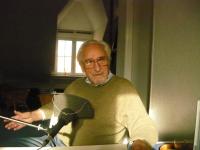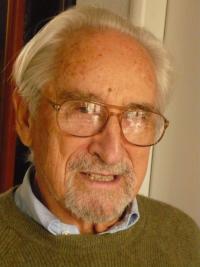I was almost afraid to go to Prague in 1990, because everything was destroyed and neglected

Download image
Ivo Feierabend was born March 2, 1927 in Prague in the family of Ladislav Feierabend, a politician and representative of agrarian cooperativism. Ivo’s father served as a government minister during the Second Republic and at the beginning of the Protectorate. In 1940 he emigrated, and the family was then persecuted. Some of the family members were sent to concentration camps. After the war Ivo studied law at Charles University in Prague, and in 1948 the whole family emigrated. Ivo Feierabend studied political science at the University of California, Berkeley, and he pursued an academic career in the USA. He is professor emeritus at San Diego State University and he lives in the nearby Del Mare. Since 1989 he has visited the Czech Republic; the family looks after the property which was returned to them in restitutions.


